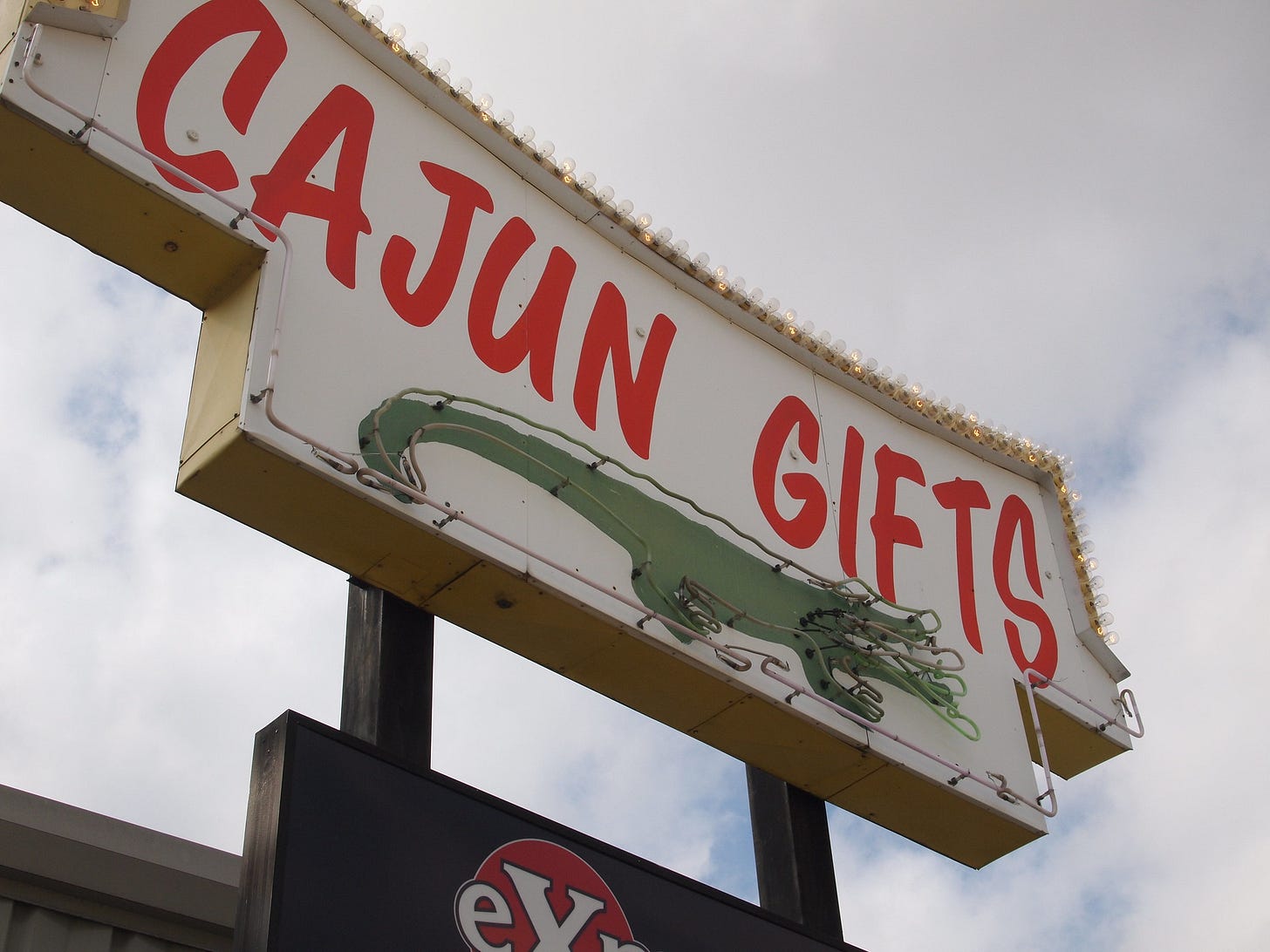Louisiana's Coronavirus Corporatism
Big businesses are seizing the opportunity to exploit a crisis.

Louisiana is already one of the country’s foremost purveyors of corporate giveaways. If a group of businessmen and pliant lawmakers have their way, it is going to double down under the guise of providing coronavirus relief to the state’s economy.
A task force created by the state legislature whose remit is to suggest how to revive Louisiana’s economy during and after the pandemic recently submitted a report. There are a few good suggestions, but overall, the panel proposed a wish list of policy items big corporations have desired for a long time, having nothing to do with the pandemic at all.
Not shockingly, the panel is composed of mostly white, male, Republican, businessmen. It has dozens of members from big oil, chemical, and retail companies, as well as huge trade associations, but basically no representation for workers or local governments.
Corporate interests see an opportunity, and they’re going to seize it.
Among other items, the report suggests ditching a wide array of corporate taxes and fees, cutting state pensions, and preventing Louisiana’s coastal towns from suing oil companies for environmental damage. One item, cutting taxes for oil and gas companies, has already been approved by a committee in the legislature.
And, of course, these guys want to address Louisiana’s main corporate tax incentive, the Industrial Tax Exemption Program, or ITEP.
As I’ve written about before, ITEP is a wretched hive of scum and villainy that siphons huge amounts of money away from Lousiana’s public services, particularly its schools, and into the hands of corporate giants, such as Exxon. Democratic Gov. John Bel Edwards implemented some good reforms in 2016 that gave local communities more control over whether the exemptions were granted.
Some of those reforms have already been rolled back, and the task force wants to gut them the rest of the way in the name of coronavirus recovery. Those changes, should they occur, would wallop cities already reeling from coronavirus-related drops in revenue.
According to the activist organization Together Louisiana, the 2016 reforms have saved Louisiana cities and towns $116 million. In East Baton Rouge alone, where tax giveaways were wildly out of control, the changes saved $10 million, of which “$5 million has gone to East Baton Rouge Schools, $1.5 million to the East Baton Rouge Parish Sheriff’s Office, $1.4 million to [parks and recreation], $1.1 million to the library system, $900,000 to EMS and mental health services and $900,000 to city-parish government.”
Not bad at all.
Like in D.C., corporate interests in Louisiana are trying to use the coronavirus as a reason to cram through policy that will entrench their dominance, leaving smaller businesses, who are already facing a steeper climb to recovery, at even more of a disadvantage. It’s cynical, and lawmakers who go for it are being wildly irresponsible.
But it’s not all bad news in the Bayou State. A proposal to give local communities more input into tax increment financing districts — known as TIFs, which I discussed here — was approved by a committee in the state legislature.
More like that, please, and less of all the other stuff.
One more thing: An excellent question here from Curbed writer Jenna Chandler: Why don’t cities force hotels that were publicly subsidized to house the homeless during the coronavirus crisis?
Thanks for reading this edition of Boondoggle. If you liked it, please take a moment to click the little heart under the headline or below. And forward it around to friends, family, or neighbors using the green buttons. Every click and share really helps.
If you don’t subscribe already and you’d like to sign up, just click below.
Finally, if you’d like to pick up a copy of my book, The Billionaire Boondoggle, go here.
Thanks again!
— Pat Garofalo


